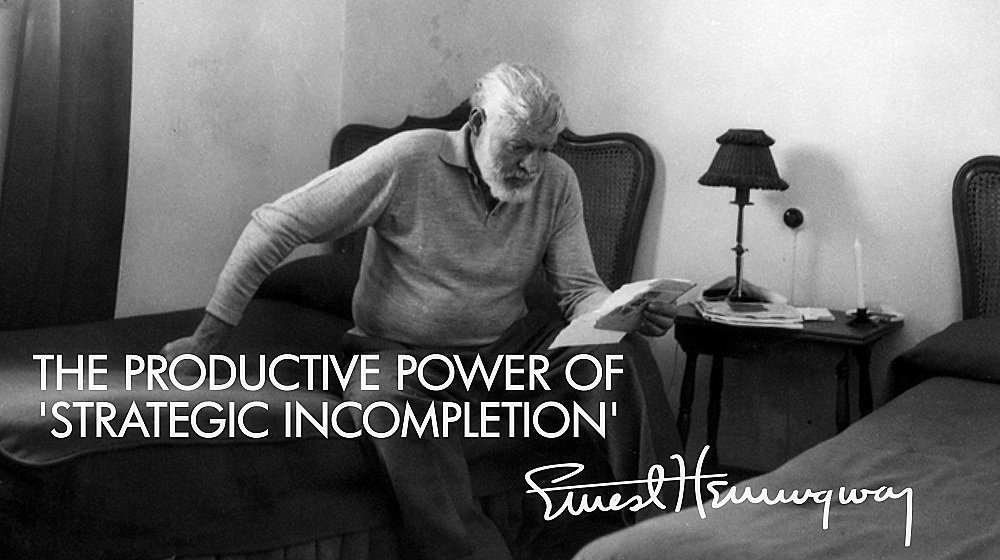 Dry January is marketed as a ritual of renewal—a sober start to the year, a clean break from December’s excess. But beneath its virtuous packaging lies a familiar cycle. Instead of encouraging balance, it often replicates the very problem it claims to fix: the swing between indulgence and abstinence.
Dry January is marketed as a ritual of renewal—a sober start to the year, a clean break from December’s excess. But beneath its virtuous packaging lies a familiar cycle. Instead of encouraging balance, it often replicates the very problem it claims to fix: the swing between indulgence and abstinence.
This binary—binge, then ban—doesn’t disrupt harmful habits. It reinforces them. By framing total sobriety as a seasonal corrective, Dry January legitimizes the very extremes it should disavow. True discipline is not abstention by calendar. It is the quiet, daily refusal to be ruled by impulse or fashion.
The same pattern surfaces beyond alcohol. Crash diets after holiday feasts. All-night cramming before exams. Financial detoxes to offset overspending. Each offers the illusion of control in the wake of excess—a performance of restraint with no staying power.
Discipline rooted in deprivation is flimsy. It fades with novelty. Lasting change comes from steady practice, not dramatic purges. If one must abstain, let it be for clarity, not conformity.
Idea for Impact: The antidote to overindulgence isn’t temporary denial—it’s moderation before the excess begins.
 Procrastination isn’t just waiting—it’s the surrender of agency.
Procrastination isn’t just waiting—it’s the surrender of agency.

.jpg)

 Few phrases in the sales playbook are as overused and quietly harmful as “going after the low-hanging fruit.” It promises quick wins, fast cash flow, and a morale boost. In the short term, it delivers. These easy deals validate a pitch, energize a team, and keep the lights on. When immediacy becomes a guiding belief,
Few phrases in the sales playbook are as overused and quietly harmful as “going after the low-hanging fruit.” It promises quick wins, fast cash flow, and a morale boost. In the short term, it delivers. These easy deals validate a pitch, energize a team, and keep the lights on. When immediacy becomes a guiding belief,  Ever stepped into the shower and suddenly cracked a lingering problem wide open? You turn on the water, and just like that, the perfect idea rushes in. That’s your subconscious at work, making
Ever stepped into the shower and suddenly cracked a lingering problem wide open? You turn on the water, and just like that, the perfect idea rushes in. That’s your subconscious at work, making  Consider the Ritz-Carlton. Every employee—from housekeeper to concierge—is authorized to spend up to $2,000 per guest, per incident, without managerial approval, to
Consider the Ritz-Carlton. Every employee—from housekeeper to concierge—is authorized to spend up to $2,000 per guest, per incident, without managerial approval, to  When work is actually decent, everything else starts to click. A good job challenges you just enough, pays the bills, surrounds you with coworkers who aren’t
When work is actually decent, everything else starts to click. A good job challenges you just enough, pays the bills, surrounds you with coworkers who aren’t  There’s an old joke about the Soviet Union’s approach to industrial planning. It’s been told so often it’s
There’s an old joke about the Soviet Union’s approach to industrial planning. It’s been told so often it’s